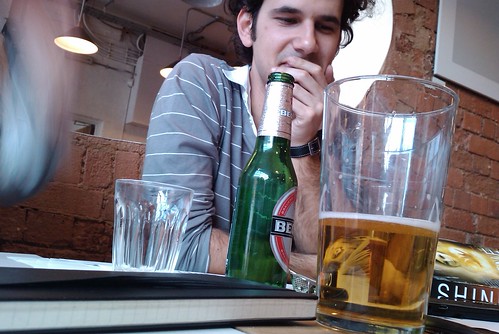There are two main approaches to choosing the keywords that you use within your site:
Guesswork
You ask yourself, “what would I type into Google if I was looking for myself?” and write down everything you can think of. Job done?
Research
You analyse competitors, take your ‘guesswork’ list and put it all into Google’s Keyword Tool. You make a giant list and then weed out the chaff. You think carefully about which words are relevant, which are worth fighting for, which are too competitive and which are essential to your business.
The Importance of Keyword Research
If you’re knocking together a site for your chess club or your sister’s Barbie archive, then feel free to use the guesswork approach to keywords. But if your site is for business, it’s worth being more scientific when choosing keywords. Researching keywords means checking which keywords are important – so your choices will be based on reality, rather than a hunch. Keyword research doesn’t take long, it doesn’t make you a spammer and it does make a great deal of sense for the average business.













